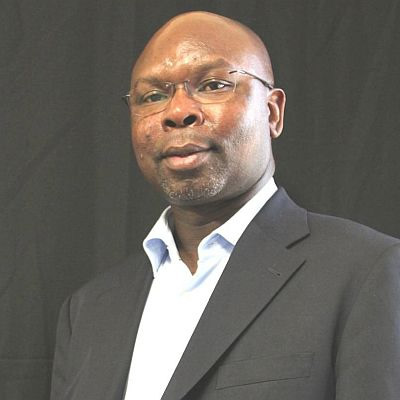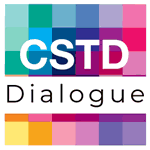Written byJohn Mugabe, Professor of Science and Innovation Policy, Graduate School of Technology Management, University of Pretoria
African countries should reform their national science, technology and innovation (STI) policies and related institutions in order to leverage scientific and technological advances to achieve Sustainable Development Goals (SDGs).
Their current policies and institutions are based on neoclassical conceptual approaches that confine STI to national economic growth and competitiveness goals and ignore societal issues such as those on inequality. They are incapable of re-orientating scientific research and technological innovation to focus on the SDGs.
Some African countries have begun to revise their STI policies and reconfigure their institutional arrangements to make them relevant and effective for the SDGs. For example, Seychelles adopted a national STI strategic plan in 2017 and in March 2019, South Africa adopted a new White Paper on STI.
Kenya, Namibia and Swaziland are currently reviewing their old STI policy instruments. There is a need to review the new or emerging STI policy instruments to determine how well they are aligned to the SDGs and societal goals in general.
A tentative analysis by the African Academy of Sciences (AAS)[1] shows that most African countries are facing challenges to design STI policies that deliberately focus on SDGs.
This is mainly due to poor awareness and understanding of the SDGs among African scientists and policy-makers, lack of access to appropriate conceptual tools for transformative STI policy design, weak civic and political participation in STI policy-making, low levels of STI policy literacy, and weak institutional capacities for STI policy.
Governments have tended to define STI policy making as technical projects to be executed by consultants and technocrats within their bureaucracies. This has denied the countries opportunities of mobilizing all stakeholders for participatory policy-making and broad-based ownership of STI policy.
To design and implement STI policies for SDGs, the countries need capacity-building support in at least three areas. The first is STI policy analysis capacity.
African governments require critical skills in STI policy analysis, formulation, monitoring and evaluation.
They need expertise to adequately to design policies that address governance issues such as ensuring public access to technology, procurement for scientific advice for public policy, distribution of benefits and costs of STI, and the protection of the environmental from technological harm.
Institutions such as UNCTAD, the AAS and universities should help to build policy analysis skills for governments by establishing programmes for STI policy training.
The second area is the building broad-based civic and political constituencies for STI policy.
This involves establishing platforms for Science-Society-Policy dialogues to help democratize R&D priority setting, leverage private sector’s investments into STI for SDGs, and establish public scrutiny for STI. Building capacity for decentralized participatory STI policy-making in Africa can benefit from best practices from other regions of the world. In this regard, institutions such as UNCTAD should help to document best practices of STI policy-making and make information available to promote policy learning by African countries.
The third area of capacity building pertains to strengthening national parliaments to engage actively in STI policy processes, particularly in ensuring the allocation and effective use of public funds for STI, provision of regulatory oversight, and monitoring STI policy implementation.
Few African countries have parliamentary committees for STI. Where such committees already exist, they are relatively weak. Support to national parliaments to establish and/or strengthen committees dedicated to STI will help to ensure that decision-makers procure science for public policy and promote STI for SDGs.
[1] AAS (2018), Africa Beyond 2030: Leveraging Knowledge and Innovation to Secure Sustainable Development Goals. African Academy of Sciences, Nairobi.
What must be done to ensure that the potential offered by science, technology and innovation towards achieving the SDGs is ultimately realized?
In the context of the UN Commission on Science and Technology for Development, the CSTD Dialogue brings together leaders and experts to address this question and contribute to rigorous thinking on the opportunities and challenges of STI in several crucial areas including gender equality, food security and poverty reduction.
The conversation continues at the twenty-second session of the CSTD and as an online exchange by thought leaders.


